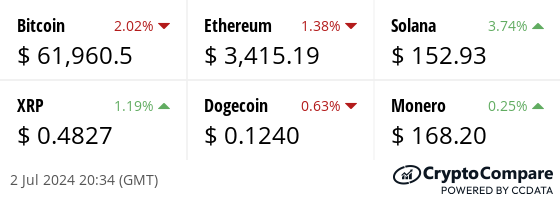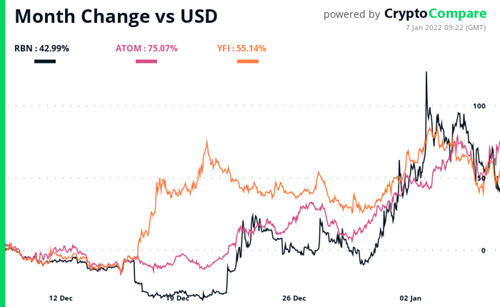The Omnia Protocol is a decentralized infrastructure protocol that helps preventing single points of failure. In most blockchain networks non-mining node owners are not incentivized to upgrade their infrastructure and optimize it, which can lead to numerous problems.
Omnia fixes this by rewarding node owners for the resources they share, thus facilitating better access to blockchain networks. Through a simple-to-use web interface, node owners can register with Omniato have their nodes indexed and then help decentralize users’ access to blockchain infrastructure. Node operators are rewarded in OMNIA tokens and have to stake tokens to join the network.
By rewarding the node operators, Omnia Protocol makes it more convenient for a larger number of organizations or people to run their own nodes and further decentralize every blockchain it’s present on.Currently, an estimated 73 billion requests to blockchain nodes are made on a daily basis. These requests are made through centralized providers, meaning there’s a lot of room to decentralize.
To guarantee nodes are performing according to their initial commitments, OMNIA protocol sends random requests to nodes to check how they’re handling requests. If performance is degraded, their rewards are reduced proportionally.
While nodes have a minimum performance threshold they need to meet to be a part of the Omnia Protocol, these requests incentivize them to maintain their infrastructure optimized in a bid to maximize rewards.
The Omnia Token
$OMNIA is a utility token that will grant numerous benefits to holders including fee reductions up to 25% for services on the Omnia Protocol, depending on how many tokens users hold. On top of that, holders will be able to access various other services by spending OMNIA.
These are subscription-based services that can be limited by a time window and a quota in terms of requests per second. Token holders can earn more by becoming liquidity providers on decentralized exchange liquidity pools, and will have access to exclusive features, thus allowing them to, for example, generate more endpoints and have a higher request rate.








